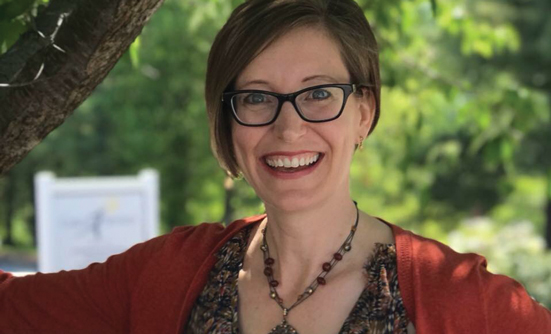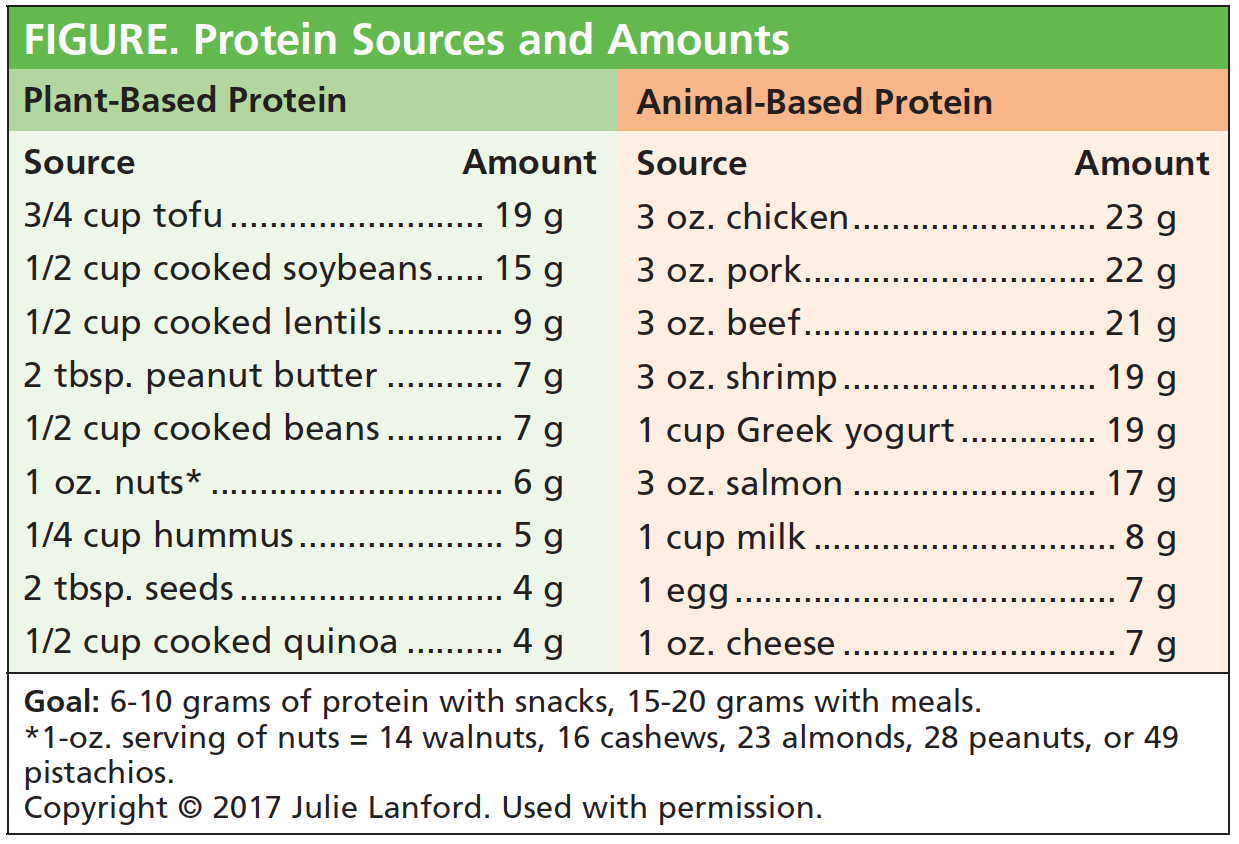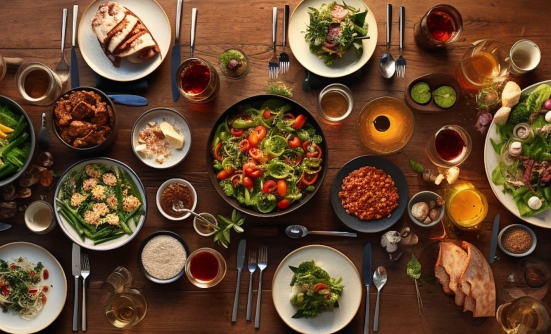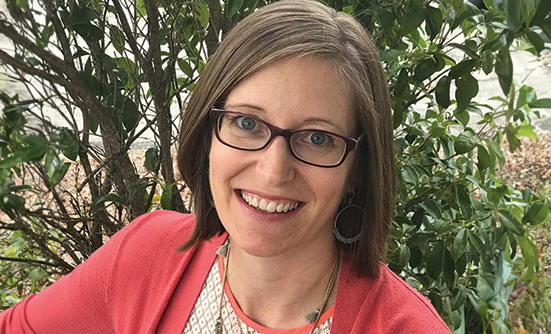Fatigue is a common complaint of people facing cancer. It can affect people during as well as after cancer treatment. The challenge with fatigue is that there is not a simple solution to treat it. Tiredness may be caused by cancer treatments, stress, diarrhea, dehydration, infection, or anemia. Coping with fatigue may require several strategies.
Because you can’t objectively measure tiredness, it is important to keep track of it and let your doctor know about it. Keep a journal of how often you become fatigued, and how long it lasts. Choose a fun journal that you will like to write in.
Currently, several things show promise for combating cancer-related fatigue. In addition to getting adequate rest, the other main things are regular physical activity, eating well, and working with a counselor for effective stress management. These are the things we recommend at our organization to all people who are diagnosed with cancer, to optimize their quality of life.
Energy-Boosting Foods
When it comes to your nutrition strategy, you want to focus on some key nutrients. These include proteins, complex carbs, healthy fats, iron, and fluids.
Proteins. Your body needs a regular source of protein to repair and build your muscles. My rule of thumb is 6 to 10 grams of protein with snacks, and 15 to 30 grams with meals.
The Figure lists plant-based and animal-based sources of protein and the amount of protein contained in each food type.
Complex carbohydrates. Complex carbs are essential sources of energy for your muscles and your brain, which is why low-carb diets are not recommended when dealing with cancer! Instead, include fruits, whole grains, beans, milk, yogurt, and starchy vegetables (potatoes, corn, peas), to get nourishing carbs with fiber and many other nutrients. A good guide is to include 1 carbohydrate food at snack times and 2 carbohydrate foods at each meal.
One example is a snack of an apple with peanut butter, and a dinner that includes rice and beans.
Healthy fats. Fat is an important source of energy, and a little fat goes a long way. The fats that we know most people need more of include monounsaturated fats and omega-3 fatty acids. Rather than getting these from supplements, it’s best to choose food sources of these fats, including fatty fish (such as salmon, tuna, mackerel, sardines), nuts, seeds, avocados, and olive oil.
Fluids. Dehydration, even at mild levels, can often leave you feeling low on energy. The good news is that the solution to dehydration is easy! Be sure to drink plenty of fluids, preferably unsweetened. These can be hot or cold, just make sure you’re getting fluids regularly throughout the day, because it can take 1 or 2 days for your body to get back to balance after being dehydrated.
Getting regular fluids throughout the day is a better strategy than loading up on fluids all at once. People who are getting chemotherapy or other medications that may affect the kidneys may be told to increase their fluids intake even more than normal.
Iron. Anemia (low iron) is another cause of fatigue that can be common in people receiving cancer treatment, or it can be the result of certain types of cancer. If you are fatigued and things don’t seem to be getting better, request that your doctor check your iron levels. You may also need to ask to check your iron stores.
Sometimes your blood iron levels can be normal, but your iron stores can be depleted. The best solution to iron-deficiency anemia is to take iron supplements for a certain period.
However, some people have such severe deficiency that they may need infusions of iron or other medical therapy.
3 Simple Nourishment Tips
When I’m talking with my patients, I often emphasize the importance of having regular meal and snack times. If your body is short on energy, you are not doing yourself any favor by taking long breaks between eating times.
Here are 3 simple tips to keep you nourished:
- Eat within an hour of waking, and every 3 hours after that. Be sure that you respond to your hunger and fullness queues. Give your body nourishment when it is hungry, and pay attention when it says it is full.
- Have snacks and easy meals ready to go. When you are fatigued, the last thing you want to do is cook a meal or prepare a snack. Have snack packs filled with nourishing foods easily available.
- Have your family and friends get snacks together and make or bring over meals. This will help you to get the nutrition you need to be energized and heal, while not making you tired from preparing the food.
Snack Ideas
Here are some quick and easy snack ideas that your friends or family can put in baggies:
- Almonds
- Grapes
- Trail mix
- Applesauce cups
- Popcorn
- Bananas
- String cheese
- Granola bars
- Whole grain crackers
- Sunflower seeds
Other Healthy & Quick Ideas
- Yogurt and granola
- Graham crackers with almond butter
- Hummus and veggies
- Whole grain muffins
- Rice cakes and peanut butter
- Hard-boiled egg
- Apple and peanut butter
Choose high-protein and high-calorie foods so that when you eat, you’re making the most of it. Nutrient-dense foods include peanut butter, avocado, nuts, and salmon. Protein-dense foods are eggs, Greek yogurt, and quinoa.
Patient Resources
American Cancer Society: Managing cancer-related fatigue
www.cancer.org/treatment/treatments-and-side-effects/physical-side-effects/fatigue/managing-cancer-related-fatigue.html
British Journal of Sports Medicine: Exercise for cancer-related fatigue
https://bjsm.bmj.com/content/52/10/651?int_source=trendmd&int_medium=trendmd&int_campaign=trendmd
Cancer Dietitian: Nutrition tips for combating cancer side effects
www.cancerdietitian.com/wordpress/tips
Mayo Clinic/cancer fatigue: Why it occurs and how to cope
www.mayoclinic.org/diseases-conditions/cancer/in-depth/cancer-fatigue/art-20047709













